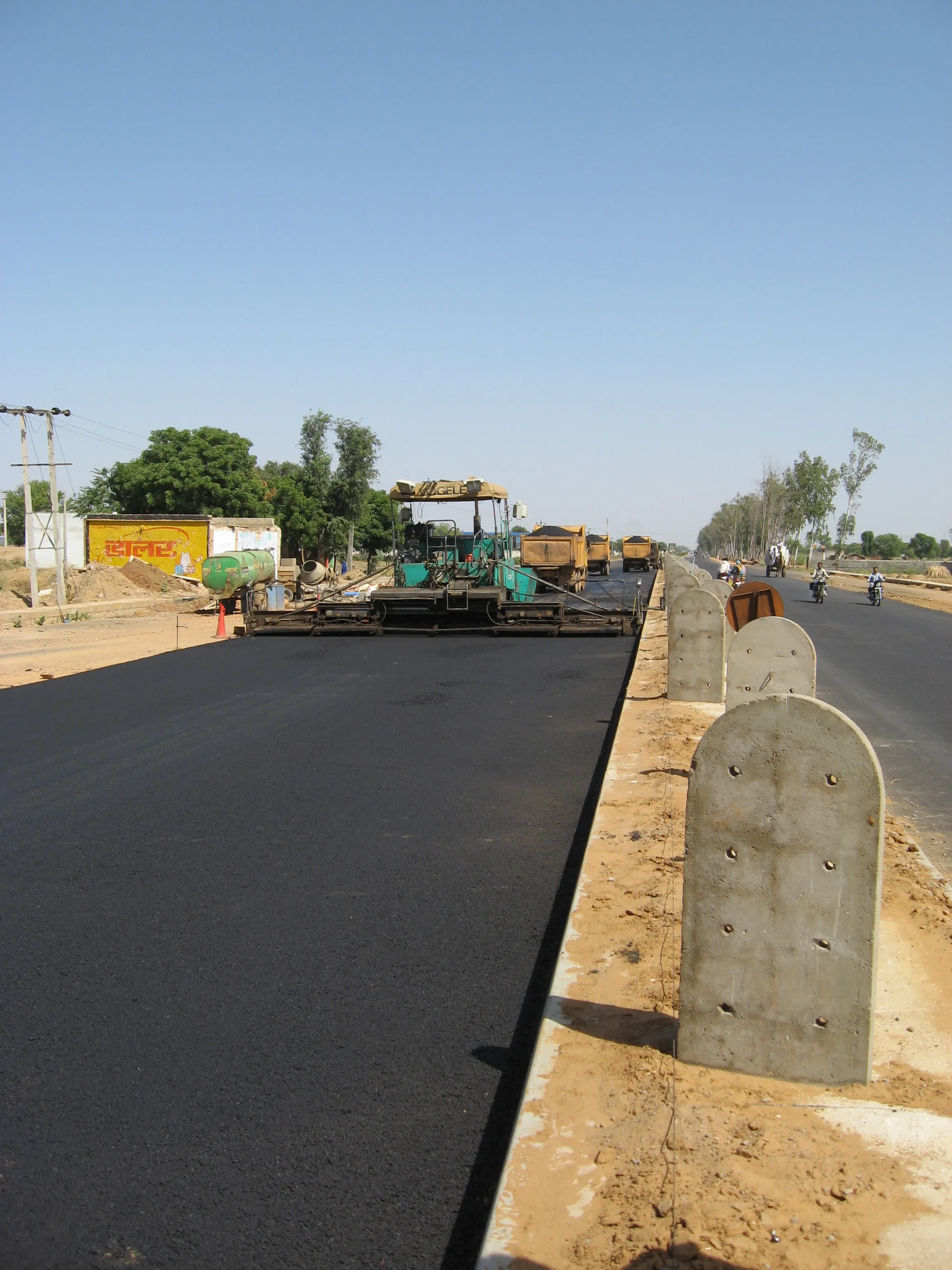A contract worth US$491 million has been awarded for a new tolled highway section in Mexico City. The project will be carried out by Spanish firm OHL and local company Copri in a 50/50 joint venture agreement.
February 8, 2012
Read time: 1 min
A contract worth US$491 million has been awarded for a new tolled highway section in Mexico City. The project will be carried out by Spanish firm 980 OHL and local company Copri in a 50/50 joint venture agreement. The contract is for a 33 year term and the new 5km link will help reduce congestion to the south-west of the city towards the cities of Cuernavaca and Acapulco. The work is expected to take until 2012 to complete and the joint venture company is called Controladora Via Rapida Poetas.







